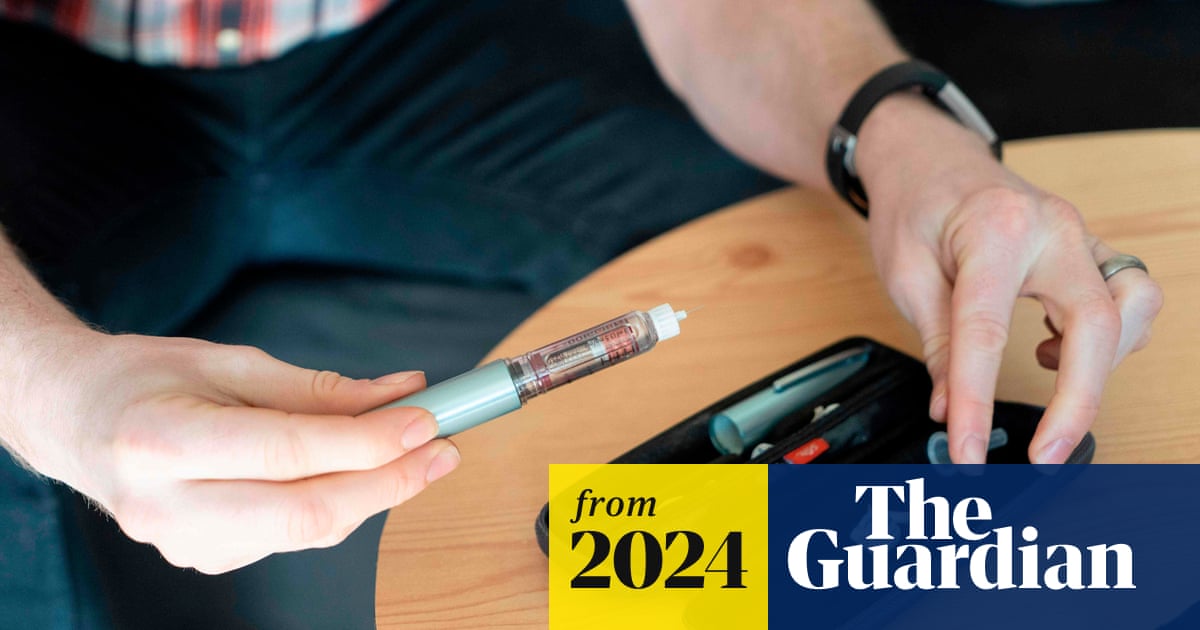I hate to say it, a diet high in carbs can increase your chances of having to deal with adipose fat and the likelyhood of decreasing insulin sensitivity ie IR.
True. But this is exactly the same in non diabetics as in T1's, especially if they are using this hypothetical smart insulin or a perfect pump.
I worry that these kind of holy grail solutions just give hope of a "we can all eat whatever we want, there will be no consequence"
The consequences would be the same for non diabetics and T1's. So why single out the exogenous insulin users, the non diabetics have higher levels of insulin circulating as well eating 'what they want' (depending on what they want to eat of course).
"We can all eat whatever we want, there will be no consequence" will be true, if ever such an insulin would be developed. Except for the consequences as would be seen in the non diabetic population.
Having a stupid chronic illness doesn't mean we are somehow obliged to live healthier than people without it.
Also, many people live healthily (and thin) to a very old age on a diet high in carbs, including occasional splurges on foods that are generally accepted as unhealthy. Apparently not everyone is susceptible to IR.
As for myself and on topic, even if they do develop those smart insulins, or the perfect pump/CGM combination, I don't believe it would help me much.
I'm fat and I do have IR and I need to prebolus my insulin by at least half an hour, preferably more for even low carb meals. An insulin (or pump) that reacts to current BG will be too slow to prevent spikes for me. I'm pretty sure I was well on my way to developing T2 when T1 happened, so I'm in both camps.


 fingers crossed
fingers crossed 